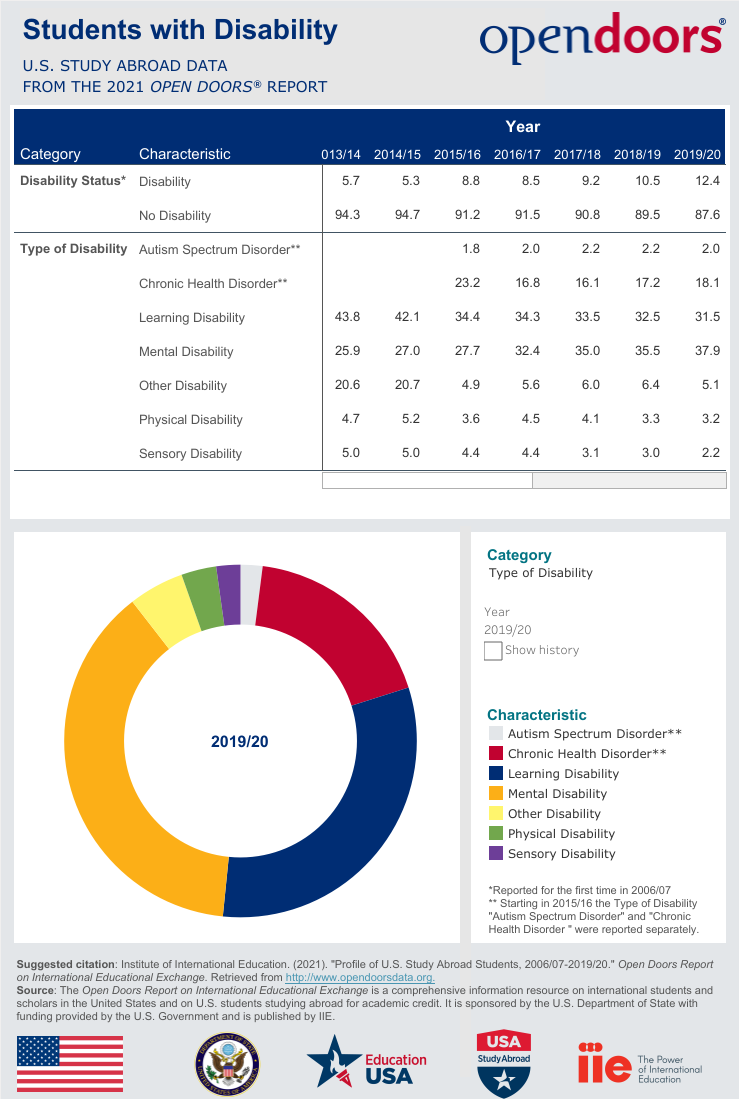VIU has a strong tradition of faculty-led overseas programs that foster innovative, collaborative and experiential learning for VIU students, staff and overseas partners. These diverse programs offer opportunities to enrich students' classroom education and encourage intercultural engagement, personal reflection and growth, and global citizenship, in line with VIU's Academic Plan and Graduate Attributes. Education Abroad provides direct support to VIU faculty and staff interested in developing new group programs overseas and those already leading established programs.
Faculty-led Group Programs
Field schools
Field schools are typically organized by one or two VIU faculty members from a particular program, or sometimes collaboratively between multiple program areas. Programs may vary in length from 7 days to 6 weeks and are often designed to allow for planned learning activities to take place before and after the overseas portion of the field school. Field school programs often involve academic credit (taught by VIU faculty), or may be directly related to existing program requirements, as is the case with trades programs.
International internships and practica
Some VIU programs offer the opportunity for students to complete a group internship or group practicum experience outside of Canada, under the direct supervision of a VIU faculty member or instructor. These programs are structured slightly differently than field schools based on the direct faculty supervision and applied learning objectives that are common in internships and practicum experiences.
Faculty Resources
Download the Budget Template and Example to start planning your budget.
Some things to consider while budgeting:
- VIU faculty are compensated for travel expenses (flights, accommodations, per diems) that are recovered through program and tuition fees
- Faculty salary and tuition fees are not to be included in your budget
- Tuition and Student Activity Fees are always collected separately
Draft an itinerary with the Field School Itinerary Template.
Designing Accessible Field Schools
How to incorporate Universal Design principles in faculty-led Field School programs.
What is Universal Design?
The principles of Universal Design encourage programming that is usable by the widest range of people possible with the minimal modification, regardless of age, ability, or status in life.
The Stats
According to Open Doors, 12.4% of students studying abroad in 2019-2020 had a disability of some kind.
- Mental Disability (37.9%)
- Learning Disability (31.5%)
- Chronic Health Disorder (18.1%)
- Other Disability (5.1%)
- Physical Disability (3.2%)
- Sensory Disability (2.2%)
- Autism Spectrum Disorder (2.2%)

The Benefits of Participation for Students
Students with disabilities/accessibility needs experience a lower employment rate than their nondisabled peers; participating in an educational program that offers a competitive edge in today's global market helps improve career prospects.
Clear Communication and Dynamic Design
- Developing an accessible Field School will be an evolving process
- Leaders should solicit & implement participant feedback, modifying field school design where possible/appropriate
- Program developers are encouraged to share information on inaccessibility with prospective participants in advance, so students can understand accessibility challenges and either accept the extra challenge based on where they place themselves on the functional spectrum and their other resources - or opt for a different program
Research
- Research contact information for captioning/interpretational/care aid services, if required
- Refer to Google Maps street view to check for accessibility of locations
Other Considerations
- Review accessible housing options
- Offer early arrival options, so students can ‘get their bearings’
- Aim for a degree of course flexibility (post-trip assignment deadlines; assistive technologies; accessibly formatted course materials)
- GSO Student Travel Grant recipients can allocate funds for individual accessibility expenses (captioning, interpretation, personal care aid)
- Establish confidential procedure for students to disclose personal accommodations once accepted onto the program
Downloadable/Printable Guide to Designing Accessible Field Schools
Complete and submit a Field School Webpage Request Form to Education Abroad for inclusion on our page
Download the generic Field School Application Template Field School Application Template
Required Pre-Departure information for leaders:
Learn more about pre-departure expectations for students
How to get started
VIU International Mobility
Building 255, 900 Fifth Street
Nanaimo, BC Canada
V9R 5S5
+1.250.740.6378
InternationalMobility@viu.ca
